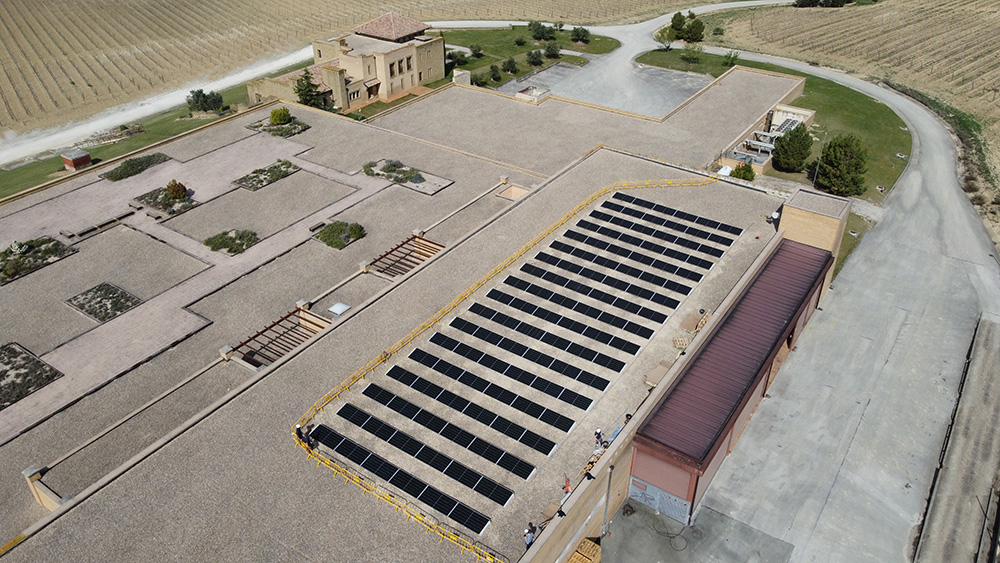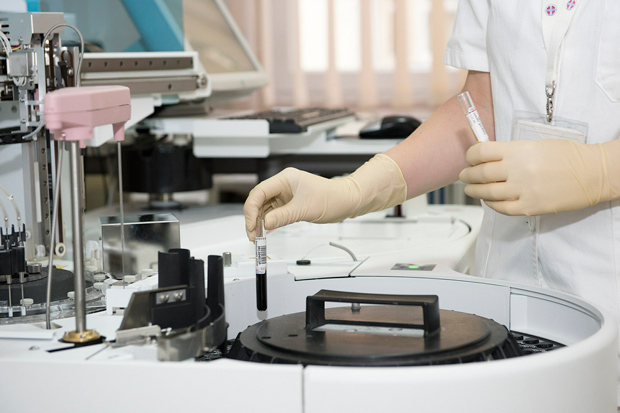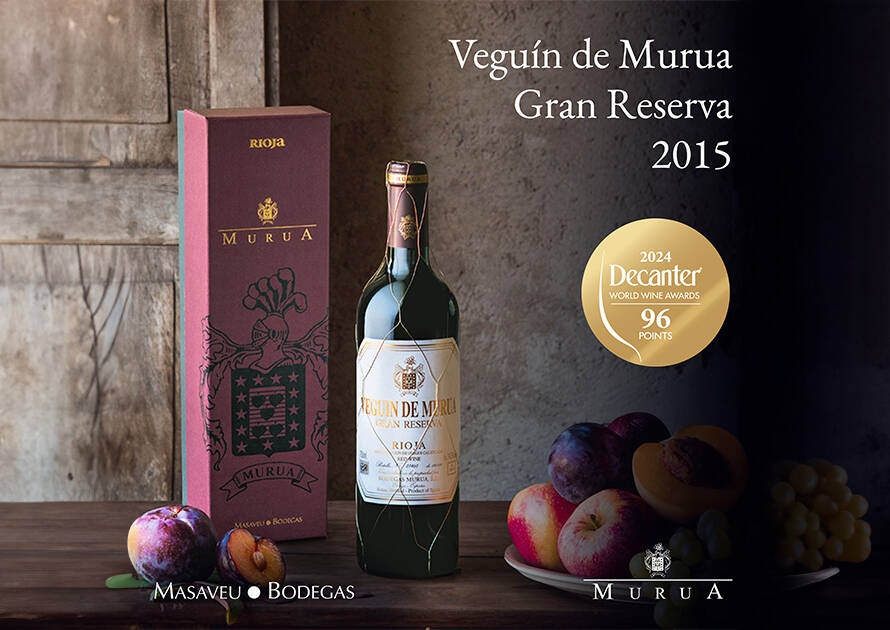Masaveu Wineries, in line with its commitment to sustainability, is carrying out the installation of 304 solar panels, achieving a 25% saving on its total energy consumption. The annual energy generated by its photovoltaic installations at Fillaboa Wineries, Murua, and Pagos de Araiz will reach 186.5 MWh per year. In this way, the annual photovoltaic energy produced will prevent the emission of more than 30 tons of CO₂ into the atmosphere each year.
“The commitment to solar energy is in line with the other measures we have been implementing across all our wineries as part of our dedication to sustainability. These include, for example, regenerative viticulture, the use of plant cover, natural control of insect populations, and the elimination of chemical fertilizers, insecticides, fungicides, and herbicides,” explains José Masaveu, General Manager of Masaveu Wineries.
The solar panels installed at the Fillaboa, Murua, and Pagos wineries are already operating at full capacity. Specifically, Fillaboa Wineries, located in Salvatierra de Miño (Pontevedra), has 84 modules with an annual production of 47.1 MWh/year, resulting in a 26.14% reduction in energy consumption. In the case of the Navarra winery Pagos de Araiz, in Olite/Erriberri, 108 panels have been installed, producing 73.4 MWh annually, which represents a 20.9% reduction in consumption.

At Murua Wineries, in Rioja Alavesa, 112 modules have been installed, generating 66 MWh per year and achieving an energy saving of 28.23%.
Masaveu Wineries has been working for years to become more sustainable across different areas and is being recognized for its efforts. This is the case, for example, of the Wineries for Climate Protection (WFCP) seal obtained by Pagos de Araiz, which certifies it as an environmentally sustainable winery committed to the fight against climate change.
At Murua Wineries, the wine group has long been implementing regenerative viticulture as a measure to restore soil health and increase its capacity to capture atmospheric carbon, one of the main causes of global warming.
For its part, Valverán ice cider, produced at the cider mill located in Sariego, in the heart of Asturias’ cider region, has in recent years made a clear commitment to sustainability. This includes, for example, the recovery of water from its own wells for irrigation and human consumption, as well as the use of a water treatment plant that filters and purifies the water for later use in the cider mill’s operations.
Of the 340 hectares that make up the land of the group’s four wineries and cider mill, 50% (172 hectares) are registered as organic. In the case of Murua Wineries and Valverán, all of their hectares are certified under this label.
About Masaveu Wineries
The Masaveu family began investing in the winemaking sector in 1974, when they acquired Bodegas Murua, but the family’s vineyard plantings date back to the mid-19th century, specifically in Castellar del Vallés, where the family originates and where Federico Masaveu Rivell started the steps that a century later would be continued by his descendants.
Since then, Masaveu Wineries has grown steadily with a strong commitment to quality in the production of its wines across different DOs, embracing an ecological philosophy and utmost respect for the land, where it owns its own vineyards, allowing them to convey the unique personality of each terroir in every bottle. In this way, all of Masaveu Bodegas’ projects across different parts and regions of the country come together under a common denominator: Murua (DOCa. Rioja), Fillaboa (DO. Rías Baixas), Pagos de Araiz (DO. Navarra), Leda (Vino de la Tierra de Castilla y León), and Valverán (Asturias).

